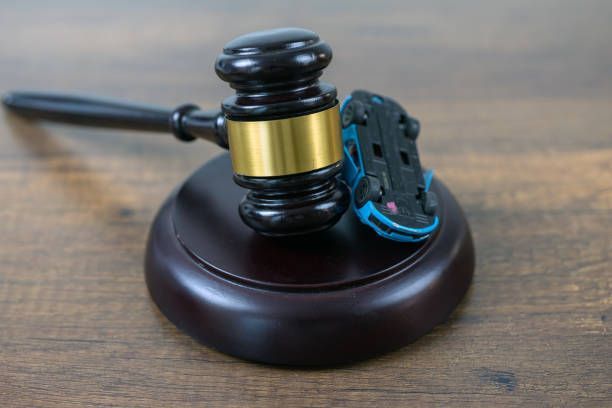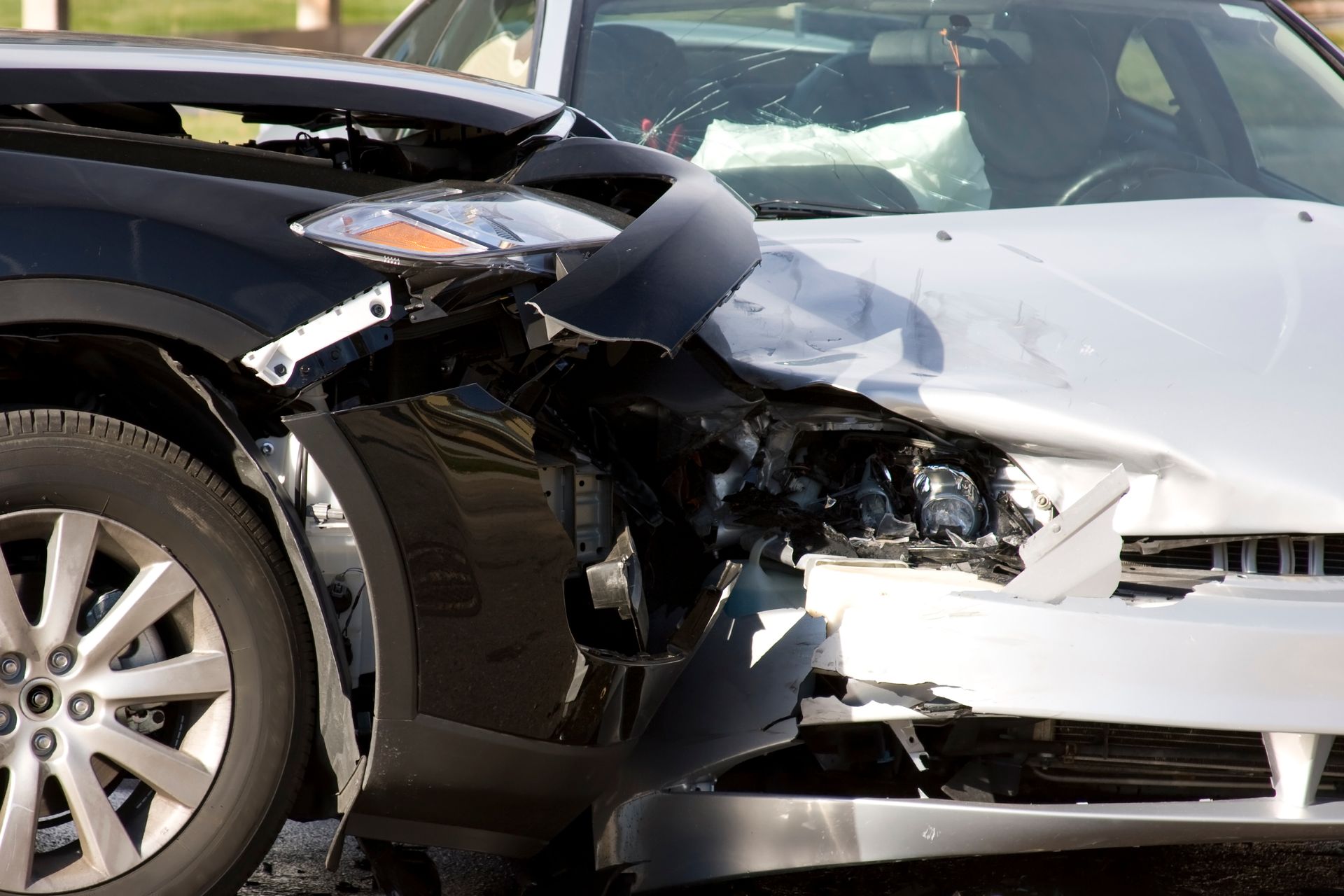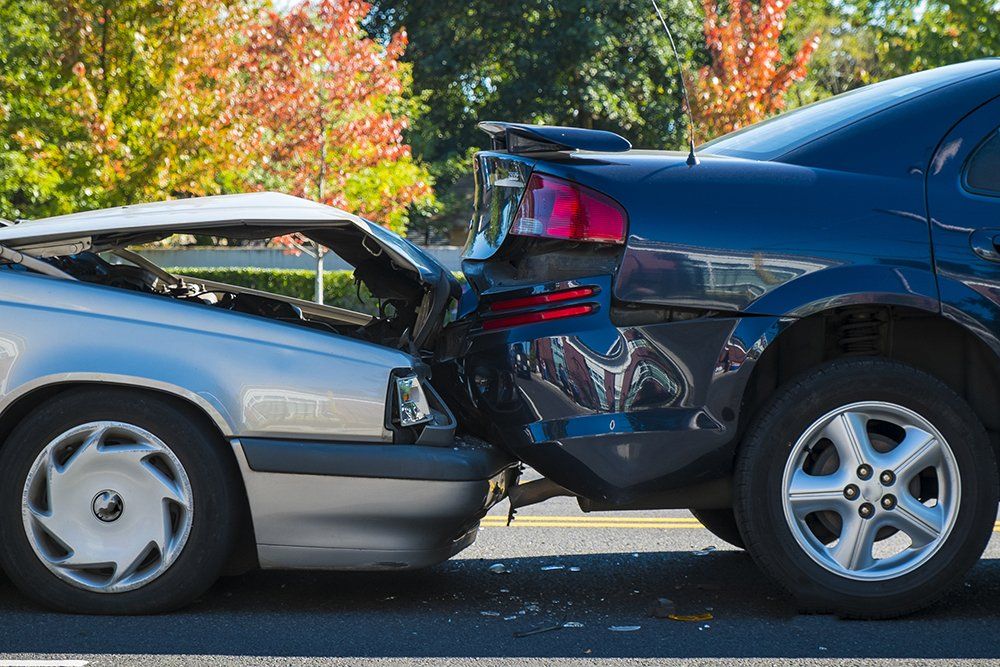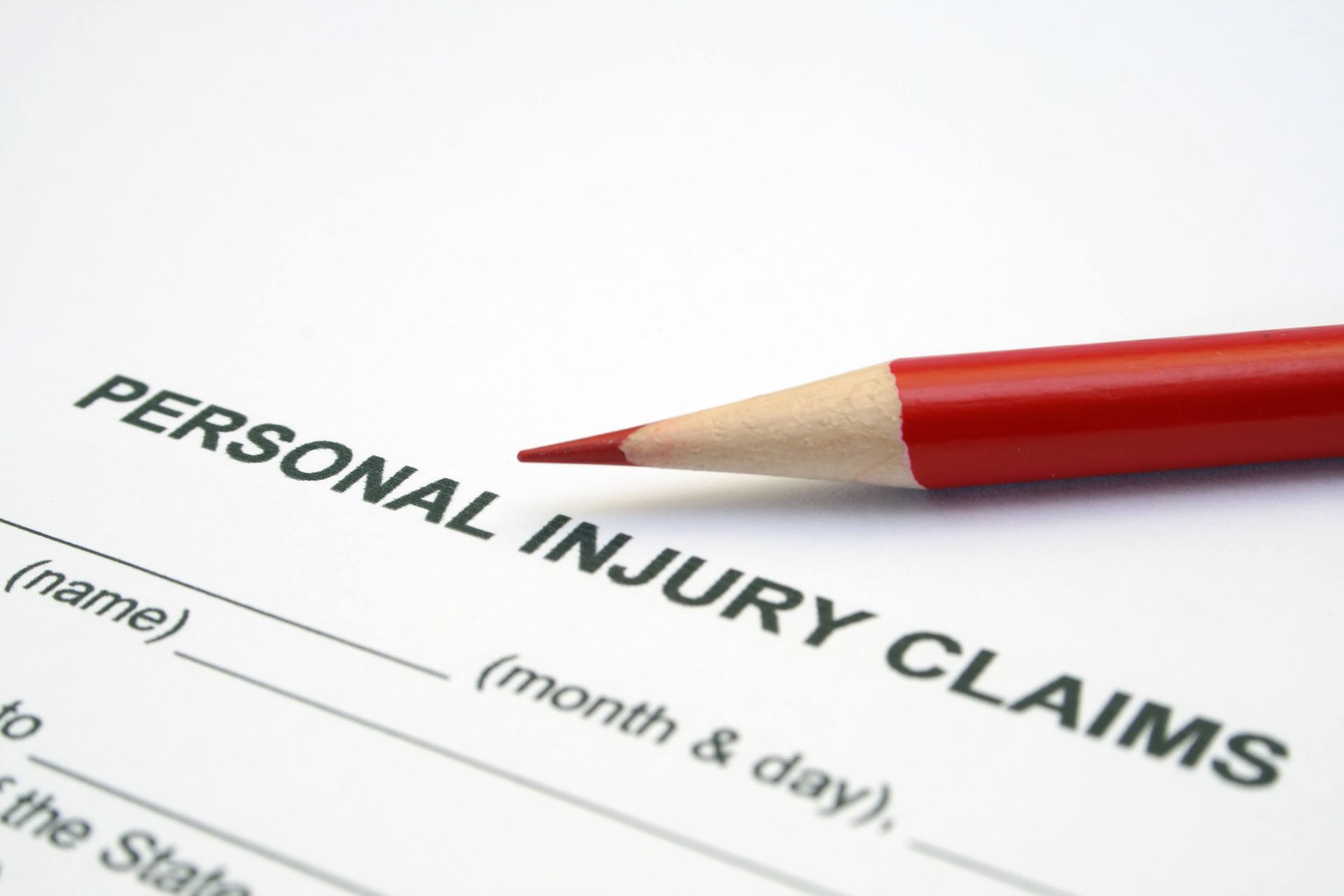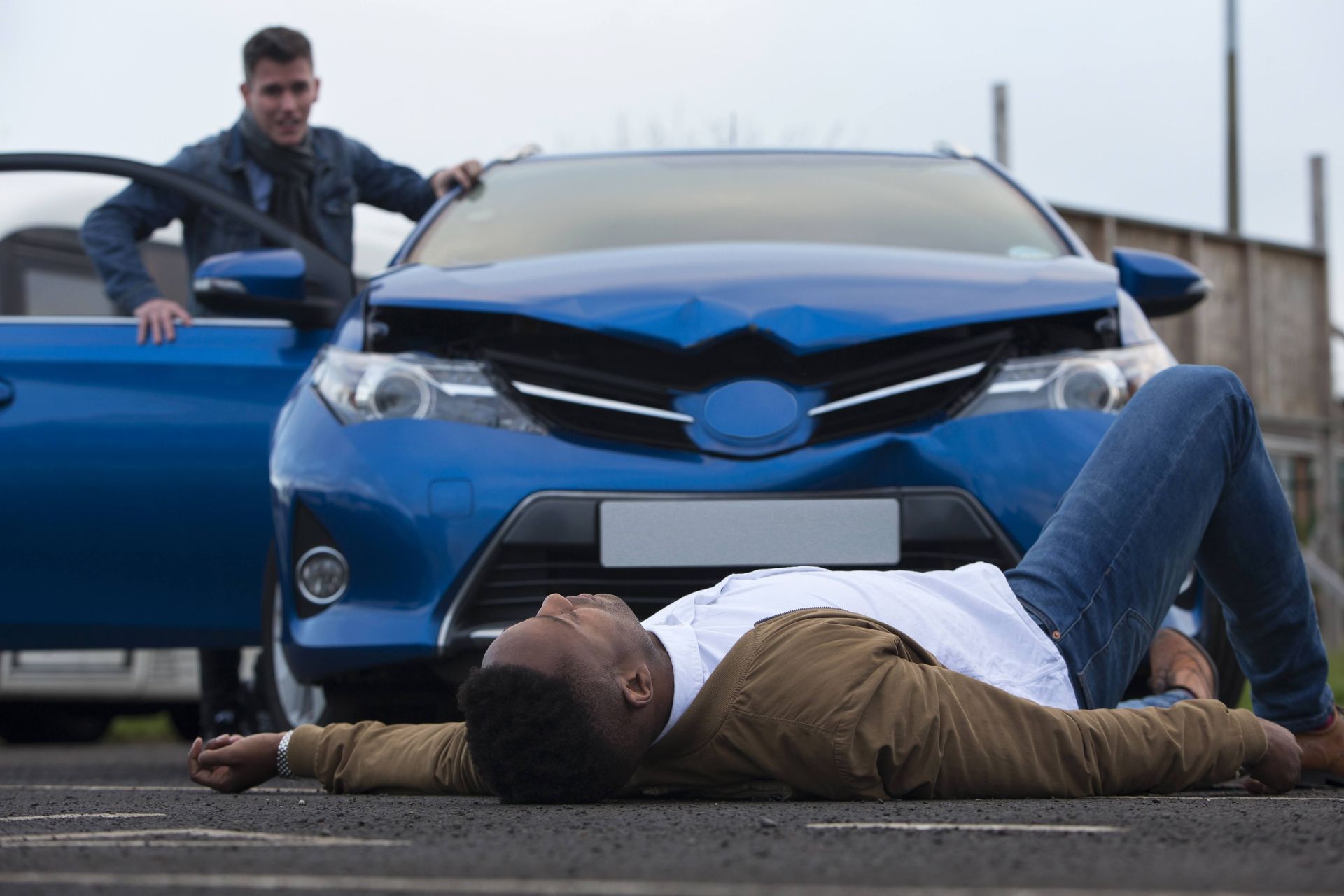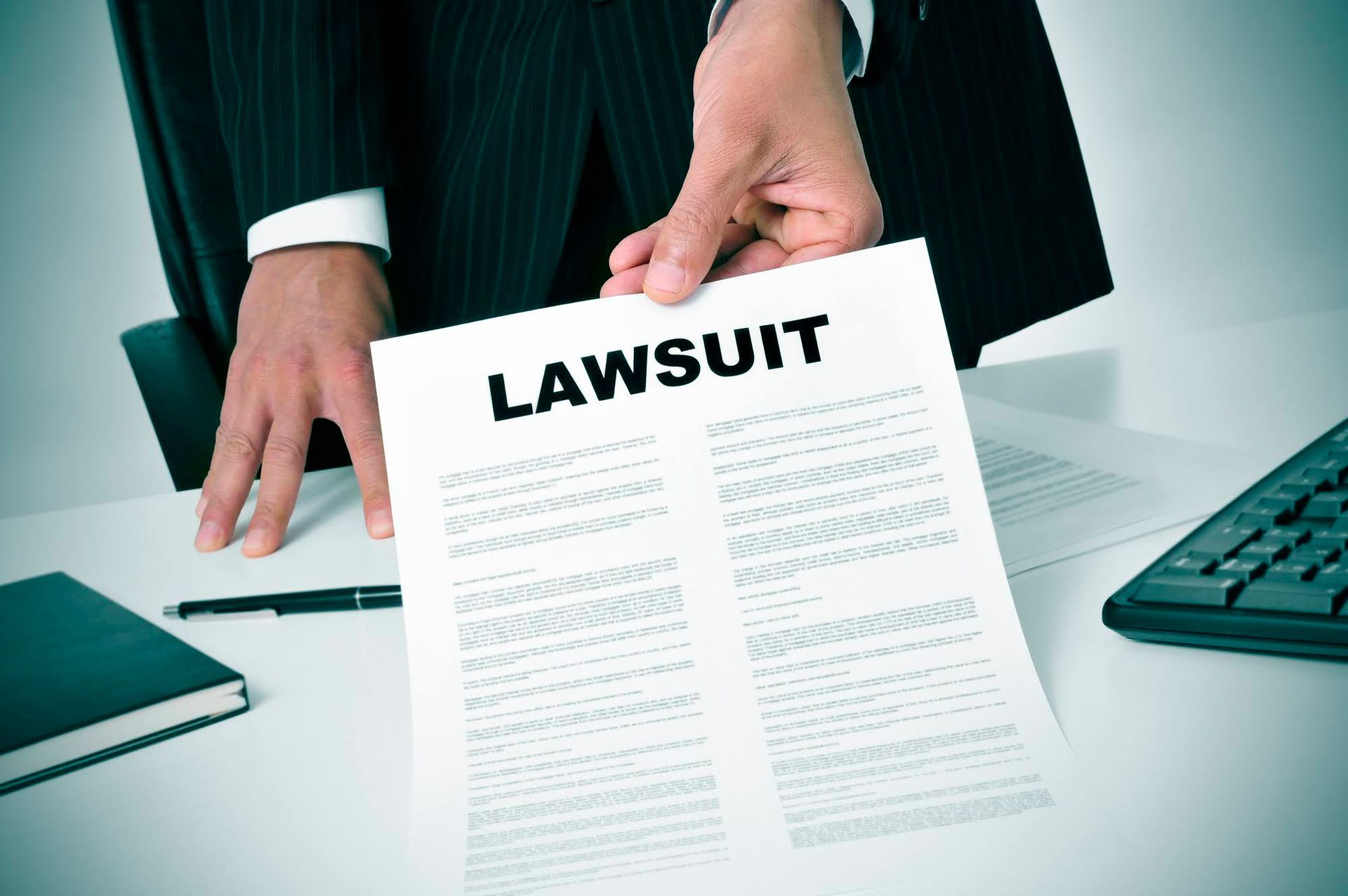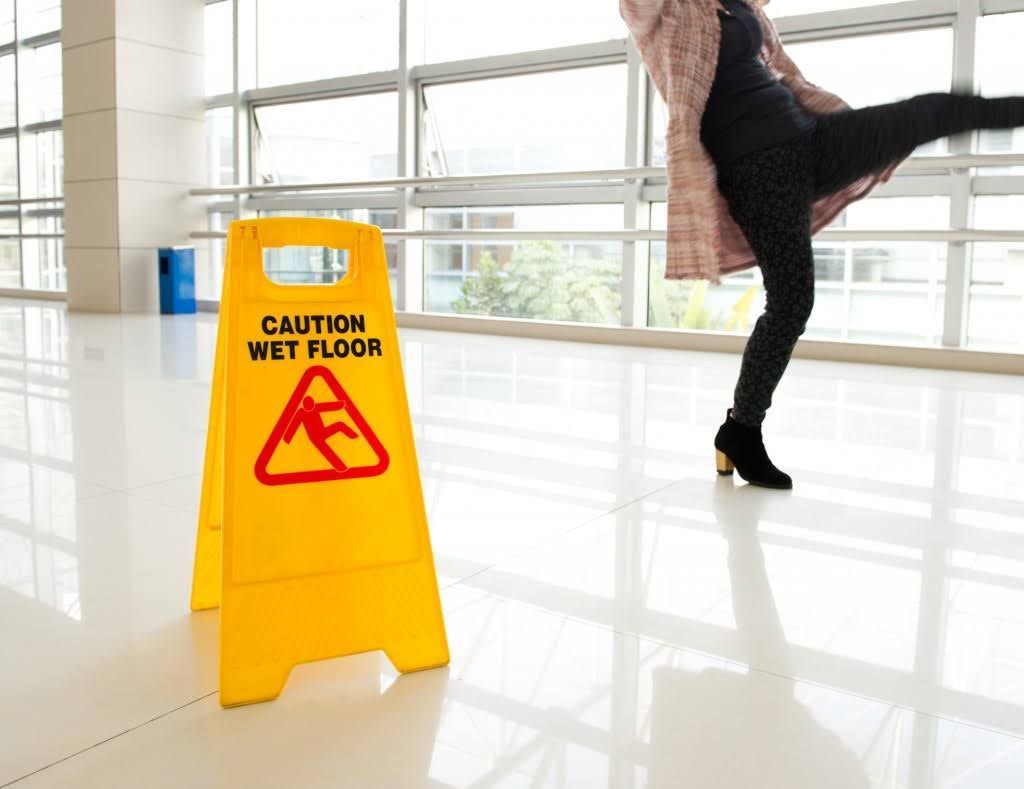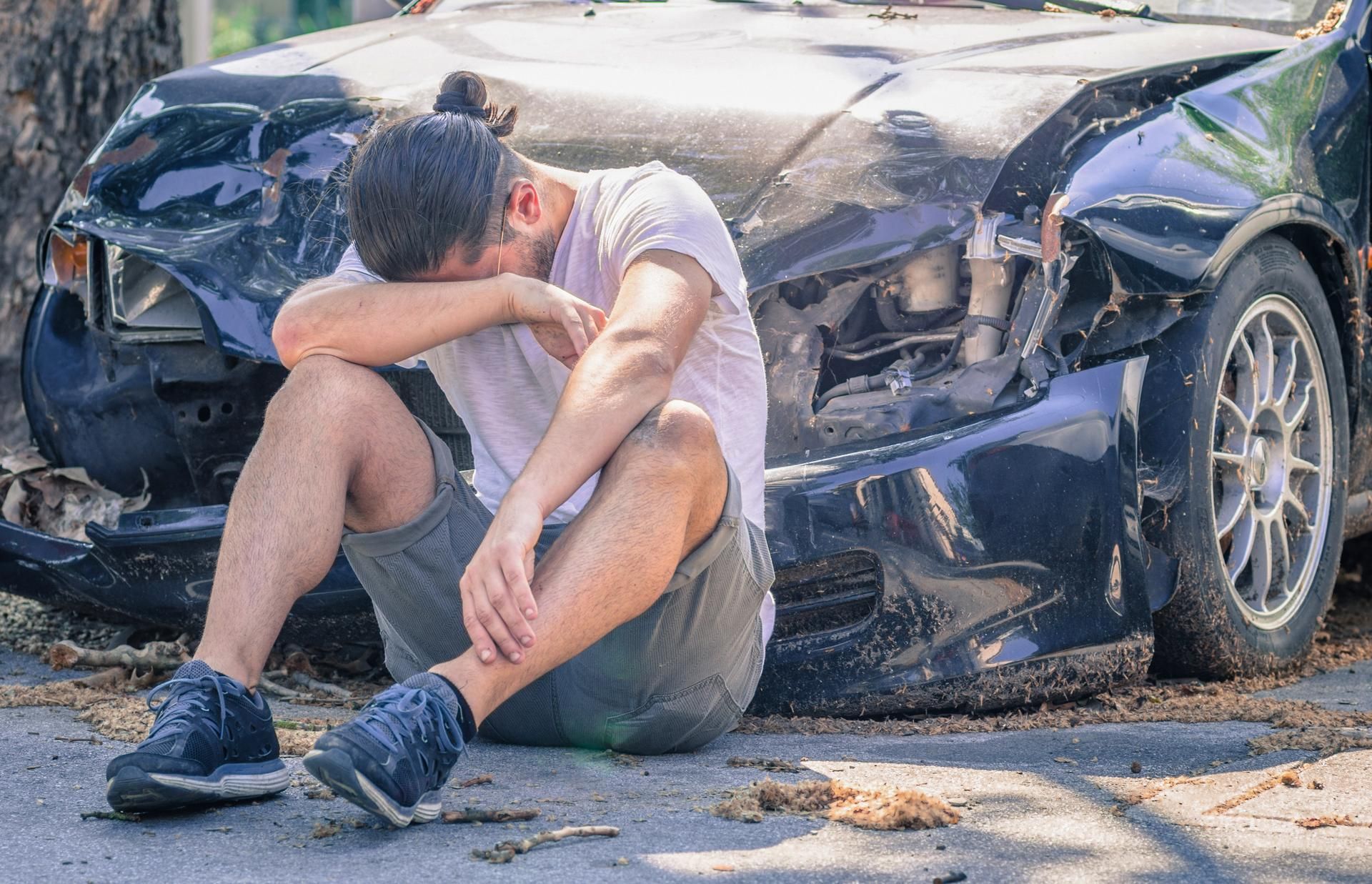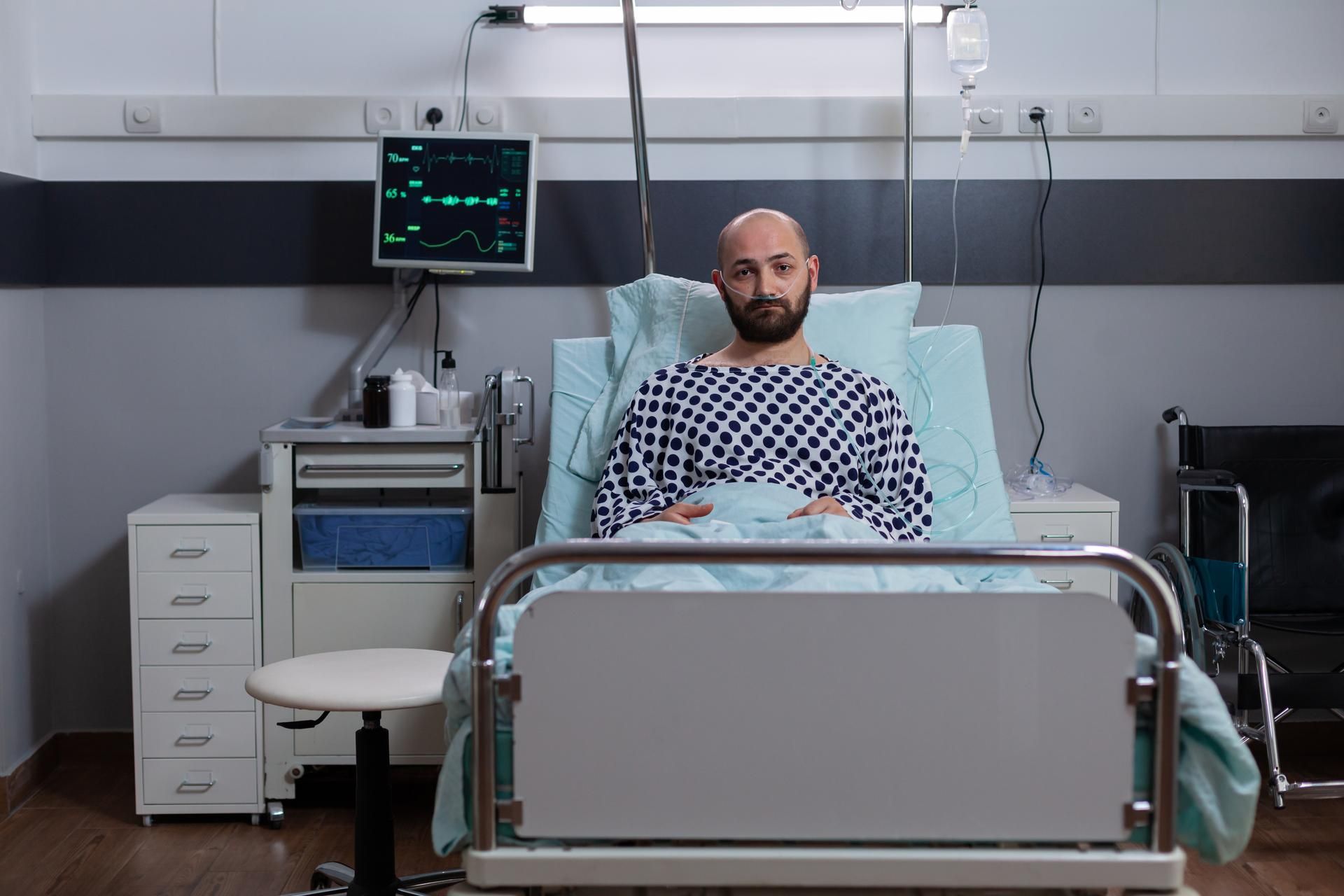4 Mistakes That Can Ruin a Premises Liability Case
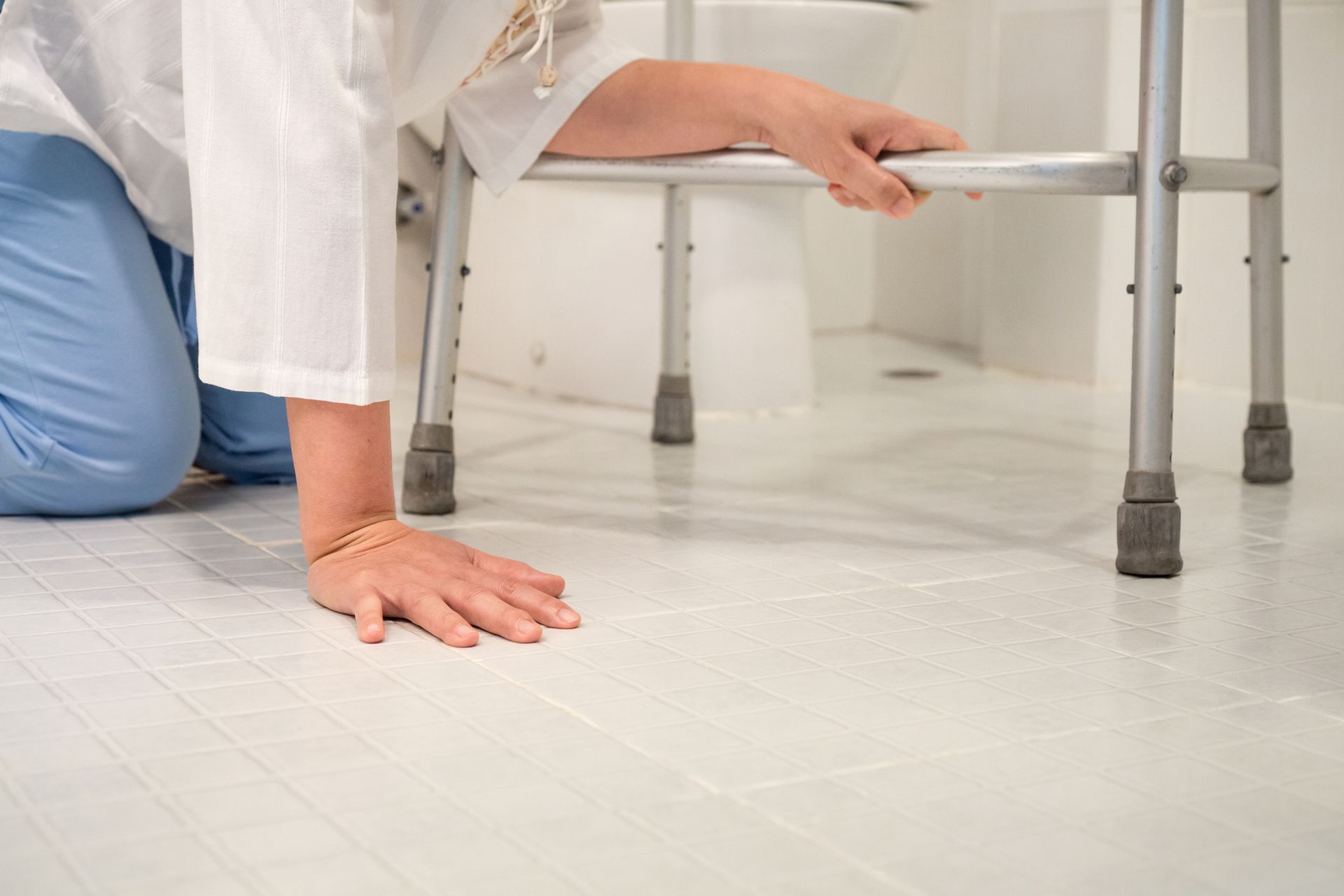
Premises liability is a technical term to describe cases that most people call "slip and fall" injuries. Despite the everyday terminology, these cases don't always involve a fall. Instead, premises liability cases can arise whenever a property contains potential hazards. Most premises liability cases occur in stores or other public locations where patrons or visitors should be able to reasonably expect a safe environment.
Premises liability cases rely on the concepts of negligence and duty of care. If a property owner or tenant breaches their duty of care, they may be responsible for damages. However, victims in slip and fall cases can often make serious mistakes that can impact their ability to collect on these damages. If you believe you have a premises liability case, avoiding these four common mistakes is crucial.
1. Failing to Seek Immediate Medical Attention
The severity of your injuries will be one of the most important factors impacting your final settlement. Insurance companies more carefully address claims involving more severe injuries, particularly when those injuries require surgery. Unfortunately, delaying medical attention following a fall or another injury can cast doubt on the severity of your injury. For that reason, always seek medical attention immediately when you hurt yourself, especially when the injury occurs on someone else's property. Because pain from injuries can sometimes take some time to appear, you should always rely on a doctor's qualified opinion rather than waiting until you allow immediate pain to worsen. It may not seem like it at the time, but that initial examination can be a critical part of an eventual premises liability claim.
2. Misunderstanding Duty of Care
Duty of care is arguably the most important concept in any personal injury case. Duty of care refers to the basic requirement to use due care and protect those around you from harm. Property owners (or those responsible for maintenance and upkeep) have a duty of care to keep their property reasonably safe or—where that isn't possible—to provide adequate warning of potential hazards.
Victims in premises liability cases often misunderstand this important concept by blaming themselves for a fall or another injury. However, you are generally not responsible for injuries resulting from a breach of care. For example, failing to spot unmarked water from a leaky pipe does not make you responsible for a subsequent fall.
3. Negotiating Directly With Insurance Companies
When you make a premises liability claim, the property owner's insurance company will likely want to speak with you immediately. Insurance companies will want to work with you to arrive at a settlement, but remember that the insurance company isn't representing you. The property owner pays the insurance company, and the insurance company's best interests include a minimal payout.
Like most other personal injury cases, premises liability claims can be resolved with pre-trial settlements. Still, arriving at an equitable settlement will often require negotiation, and the insurance company's first offer will rarely be adequate. These large insurance companies employ massive teams of lawyers, so it's best to rely on your own attorney for negotiations rather than talking directly with the insurer.
4. Assuming the Insurance Company Will Admit Fault
From the victim's perspective, premises liability cases can often seem obvious. You may feel your case is open and shut if you have video or photographic evidence of a hazard or injury. Unfortunately, insurance companies may dispute liability even in cases where liability initially seems cut and dried. As a result, you may need more evidence than you expect to resolve your case without going to court. Calling 911 from the property after your injury is one way to help establish liability. Preserving the scene by immediately taking photographs is also a near necessity in today’s world.
Ultimately, working with an attorney as soon as possible is another important step to better guarantee that you are adequately protected throughout the entire claim process. A good attorney will immediately begin work to collect evidence, helping to minimize the likelihood that the insurance company can dispute liability and jeopardize your case. That is why it is important to remember that Higinbotham & Higinbotham LLC has the experience and knowledge to help you avoid making costly mistakes with your premises liability claim. Contact us today so we can work with you to recover damages for your injury.
